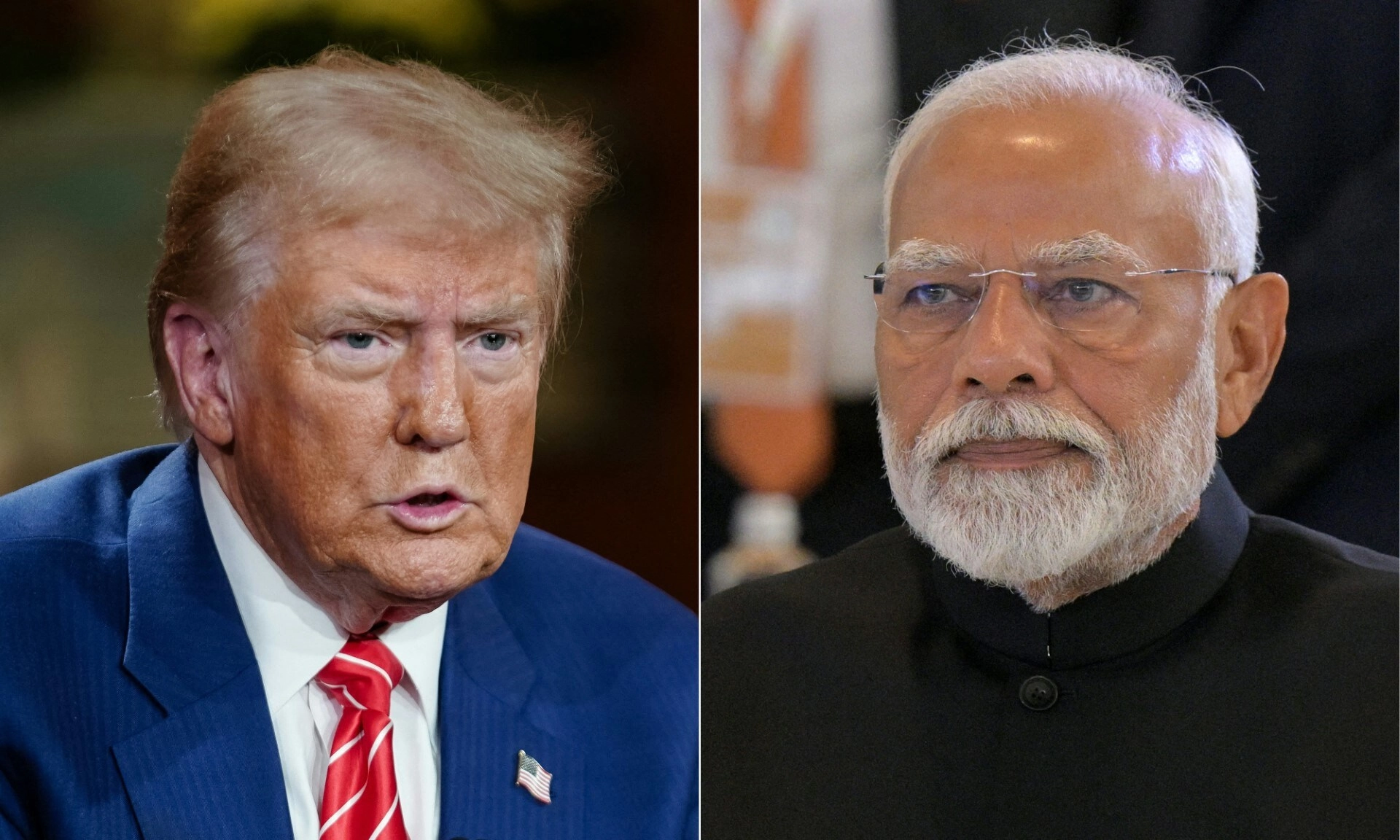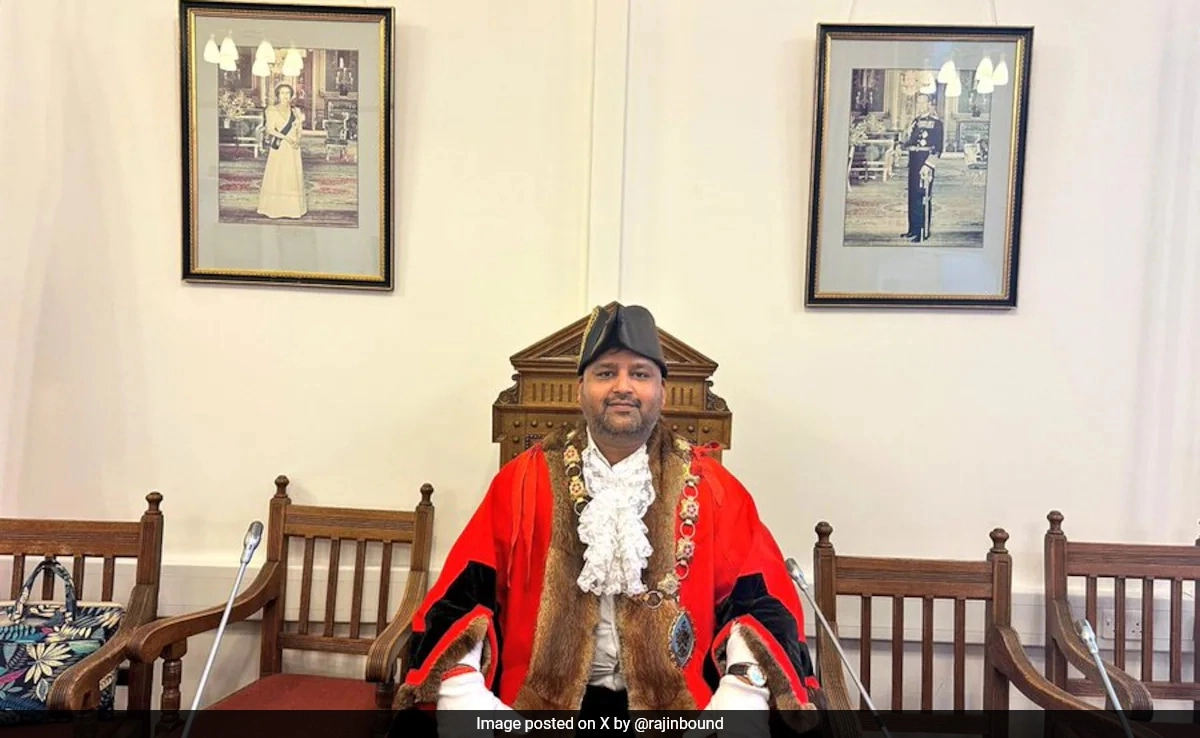The recent meeting involving former President Donald Trump has significantly altered the geopolitical landscape of the Middle East, marking a pivotal moment in international relations. This gathering brought together key leaders from various nations, emphasizing Trump’s continuing influence in global politics despite his departure from office. The implications of this meeting extend far beyond mere diplomacy; they have the potential to reshape alliances and power dynamics in a region long characterized by volatility and conflict.
During the discussions, Trump focused on fostering stronger ties between Israel and several Arab nations, aiming to build upon the Abraham Accords, which he helped broker during his presidency. The meeting underscored the importance of economic collaboration and security partnerships in addressing common threats, particularly from Iran and extremist groups. By positioning the U.S. as a facilitator of peace and cooperation, Trump’s engagement has reinvigorated conversations about normalization, trade agreements, and collective security, which could stabilize the region.
Moreover, this meeting has sparked renewed interest from global powers, including China and Russia, both of whom are keen to expand their influence in the Middle East. The United States’ traditional role as a dominant power in the region is now being challenged, as these nations seek to leverage their relationships with key players. The dynamics of energy resources, military alliances, and counter-terrorism efforts are all at stake, making this a crucial moment for U.S. foreign policy.
In the aftermath of the meeting, reactions from various governments indicate a cautious optimism among some and outright skepticism among others. While some leaders express hope for a new era of cooperation, others remain wary of the underlying tensions that persist in the region. The balance of power is delicate, and the consequences of this meeting could either pave the way for unprecedented collaboration or exacerbate existing rivalries. As the world watches closely, it is clear that this gathering has set in motion a series of developments that will define the future of Middle Eastern geopolitics for years to come.




